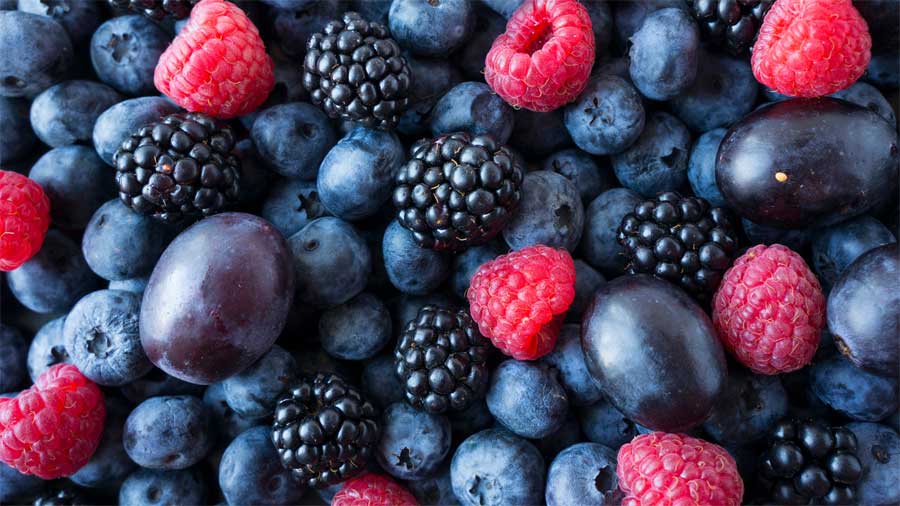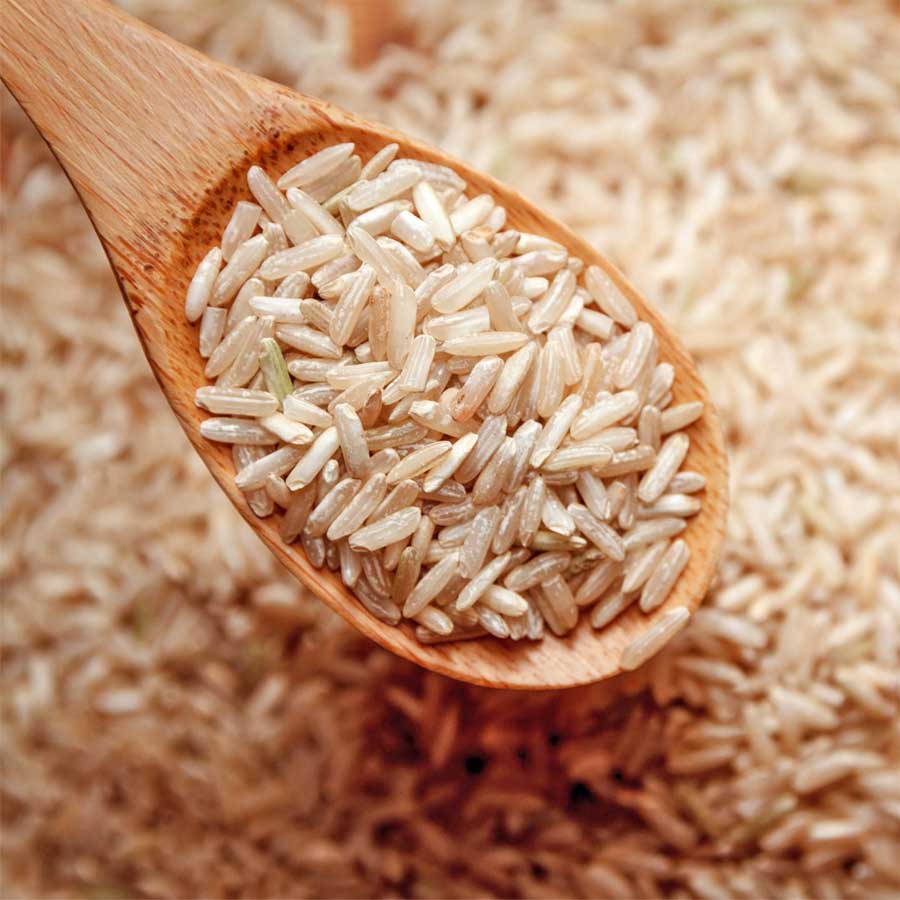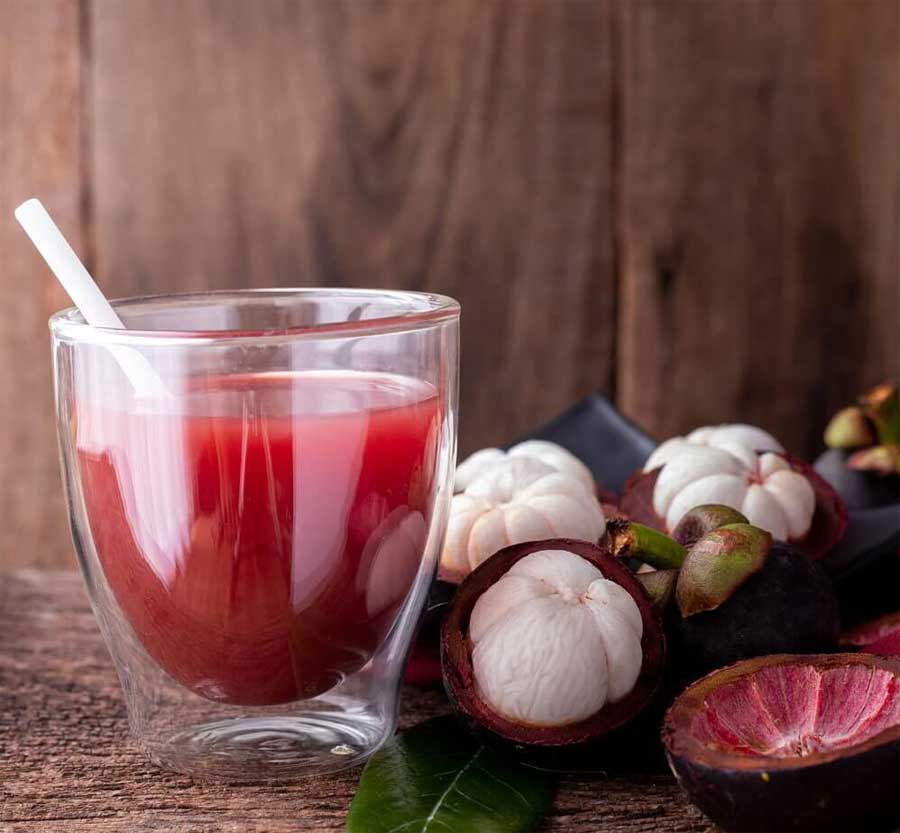Maybe some of you do not like the food fermentation, but know that fermented foods provide not only good taste but also save much health benefits. Fermentation makes not only foods durable and long lasting but also give a flavor of its own.
Do you know what it is fermentation? Fermentation is one way to process food by utilizing the naturally occurring bacteria that eat starch and sugar in food to make lactic acid, vitamin B complex, Omega 3 fatty acids, and probiotics.
Some of the foods that are the result of fermentation are like pickles, yogurt, kimchi, tempeh, cheese, milk, and butter.
The Fermented Foods Health Benefits
Fermented foods are also believed to be more easily digested by the body and maintain the value of the nutrients contained therein. Not only that, various health benefits can you feel if you eat some fermented foods, below are some fermented foods health benefits:
1. Relieve stomach pain
Pain or discomfort in the stomach can be relieved by eating fermented foods because it can regulate the production of stomach acid. Currently less produces digestive fluids; then these fermented foods help to increase it.
 2. It protects the body from ulcers
2. It protects the body from ulcers
Fermentation forms a protective layer in the stomach so that it can be protected from stomach acid. This is will help to decrease the risk of injury even can heal wounds.
3. Helps digestion
The fermented foods health benefits also greatly to aid in digestion. The more we age, digestive enzymes will be reduced and refer to indigestion. Well, fermented foods can increase the production of digestive fluids in so digestion becomes smooth.
Look also: Health benefits of kimchi
4. Overcoming Constipation
Fermented food can enhance intestinal activity so that constipation becomes resolved. They can increase the production of digestive fluids from the gallbladder and pancreas into the gut to digest food.
5. Good for diabetes
The fermented foods health benefits for diabetics. Fermented foods are known to help secretion of insulin from the pancreas that regulates blood sugar levels. Carbohydrates in fermented food have been broken down by the anti-bacterial, so it is easy to digest and reduce the burden on the pancreas.
6. Rich in probiotics
Probiotics in fermented foods increase the population of good bacteria in the gut. They were tasked to visit the dangerous bacteria that cause infections. They also help in the absorption of vitamins and minerals.
Check out more: jicama health benefits
7. The huge nutritional value
Fermented foods rich in omega three fatty acids are good for the heart, vitamin C, which helps to fight infections and has healing properties.
Well, now you already know the fermented foods health benefits. So you do not need to doubt this food. Tempe is one of the fermented foods with the nutrients are abundant.
11 Examples of Fermented Foods and Benefits for Gut Health
Fermented foods provide many health benefits. Below are some examples of fermented foods and their health benefits. Fermented foods are beneficial for the body because:
- Improve digestion and cognitive function
- Increase immunity
- Helping irritable bowel disease
- Provides lots of minerals for bone density
- Fight allergies
- Kills yeast and harmful microbes
Top 11 Best Fermented Foods
If you want to know what are the best fermented foods, let’s take a look below. We have collected many examples of fermented foods and their health benefits. To add to our wealth of knowledge, let’s take a look at the following fermented foods one by one.
1. Kefir
Kefir is a form of fermented food, it is made from cow’s, goat’s or sheep’s milk. It is a drink like yogurt that can be drunk. Kefir as a fermented food provides many nutrients such as calcium, vitamin B12, biotin, enzymes, probiotics, magnesium, and provides vitamin K2.
Kefir is not a new drink, it has been used as food for thousands of years. More than 3000 years have been consumed by human civilization. Kefir is a Russian and Turkish term that means “feel good”.
2. Kombucha
The Kombucha is another drink that is fermented and provides many health benefits. Kombucha drink is made from black tea and sugar (sugar from sugar cane or from honey). It contains bacteria and yeast that are beneficial for starting the fermentation process.
Does kombucha contain alcohol? Kombucha contains a small amount of alcohol, but this is very small, but does not cause hangovers because the alcohol content is very small.
While other fermented foods, such as yogurt and vegetables, are usually alcohol-free or completely non-alcoholic.
3. Sauerkraut
Another example of fermented food is sauerkraut, this is a traditional food that is classified as the oldest food. In German, Russian and Chinese cuisine, Sauerkraut has very long historical roots. This is estimated to have been since 2000 years ago. Sauerkraut means “sour cabbage” in German, although the first to make Sauerkraut was not German, but it is believed that the first to make Sauerkraut was the Chinese.
Sauerkraut is made from fermented green or red cabbage. Such sauerkraut is rich in vitamin A, fiber, vitamin C, vitamin K, and rich in B vitamins. It is a great source of iron, sodium, calcium, copper, manganese and magnesium.
Is the sauerkraut sold in stores a fermented food? Not always, especially canned ones. Usually fermented sauerkraut is pickled that is stored in glass jars and the label says “fermented”.
4. Pickles
Another example of fermented food is pickles. But pickles are not foods that contain probiotics. Fermented pickles contain lots of vitamins and minerals. It is also rich in environmental friendly antioxidants and probiotic bacteria.
Are store-bought pickles fermented? Not usually.
Most store-bought pickles are pickles salted with vinegar and cucumber. It does taste a bit sour but this is not a form of fermented food. Fermented pickles are made with cucumber and water mixed with salt.
To get quality fermented pickles, you have to find a farmer who makes local pickles and usually sells them locally. It is the best source of probiotics for health.
5. Miso
Miso is also an example of a fermented food made with soybeans and barley or brown rice, and with added koji (a type of mushroom). The miso is a traditional Japanese food, including miso soup.
In the Chinese and Japanese diets, Miso is an important food and has been practiced since 2500 years ago.
6. Tempeh
This highly fermented food is also made with soy. The process of making tempeh is to combine soybeans with tempeh starter (this is a collection of live mushrooms)
When left for a day or two, it produces a solid product that is rich in probiotics, and a generous amount of protein.
Tempeh is like tofu, only tempeh is not as chewy and slippery as tofu.
7. Natto
Natto is also included in the example of fermented foods, Natto is also made from soybeans. Usually this food is eaten as breakfast in Japan and combined with soy sauce. There is also a mix with mustard karashi, and Japanese onions.
Once the natto is fermented, the smell will be very strong, the taste is deep, the texture is slimy, and of course this is not liked by all those who have just found out about this food.
8. Kimchi
Kimchi is a fermented food originating from Korea. This fermented food is made from cabbage, and added with spices such as ginger, garlic, pepper, and others. Kimchi is usually added to foods such as rice, bowls, ramen or bibimbap.
Also check out: 6 Health Benefits of Kimchi
Kimchi is considered a cultural heritage of the past and until now kimchi is an ancient food rich in nutrients and dates back to the 7th century.
9. Raw Cheese
Raw cheese milk is a food made from cheese that has not been pasteurized. This raw cheese is processed from natural ingredients such as goat’s milk, sheep’s milk, A2 cows soft cheeses are particularly high in probiotics, including: thermophillus, bulgaricus, acidophilus and bifidus.
If you want to find real fermented cheese, you can read the product packaging label or look for raw, unpasteurized cheeses
10. Apple Cider Vinegar
Apple cider vinegar is a probiotic drink that is rich in good bacteria. In addition to being rich in probiotics, apple cider vinegar also contains probiotics, and preciotics in the gut.
However, commercially available apple cider vinegar is not a product that contains probiotics, so be careful when buying apple cider vinegar that contains probiotics.
How to drink apple cider vinegar is to dissolve it in water first. You can add a teaspoon of apple cider vinegar to your drink and consume it twice a day. Before or after drinking apple cider vinegar, you can consume fermented vegetables such as kimchi, or sauerkraut to increase the production of more beneficial bacteria.
11. Yogurt
Examples of fermented foods that are quite widely consumed are yogurt. You can easily find yogurt in supermarkets. Yogurt is the most widely consumed fermented food in the world, especially in America.
If you want to buy yogurt, then choose yogurt made from the following three ingredients:
- Derived from goat’s milk, or sheep’s milk, especially for those of you who have difficulty digesting cow’s milk.
- Made from animal milk fed on grass
- From animals fed organic food.
Who Should Not Eat Fermented Foods
We know that fermented foods are healthy foods, but there are some people who should avoid fermented foods. Do you know who should not eat fermented food?
For those of you who are bloated or have an upset stomach, maybe certain fermented foods are not a good thing for you. For example, fermented foods such as sauerkraut, kimchi, kefir, or sourdough bread are some of the fermented foods that can make your stomachache worse.
Here are 3 types of people who shouldn’t eat fermented food
1. People who are already bloated.
Fermented foods are foods rich in probiotics, foods rich in beneficial bacteria for health.
Among the most popular examples of fermented foods are kimchi, natto, kefir, sauerkraut, miso and kombucha.
Bloating is a common effect of eating fermented foods. When you put fermented foods into your body (foods rich in good bacteria), these bacteria will fight the bad bacteria. When these bad bacteria die, they release gas that causes you to bloat.
Indeed you have killed the bad bacteria, but bloating is also not something pleasant, it is also painful. If you are already bloated, then the best way to treat it is to eat a carrot salad.
2. People who are intolerant to histamines
Then, people who should not eat fermented foods are people with histamine intolerant conditions.
Histamine is a compound produced by the body, and it is also found in many fermented foods.
Histamine is broken down by enzymes in the body, but people who are intolerant of histamine, he does not have enough enzymes to break down this compound. Well, when these histamine compounds accumulate in the body, various health problems appear, such as diarrhea, skin itching, abdominal pain, and even a decrease in blood pressure.
Also check out: Mix Claritin and Alcohol, Is it Safe?
So, instead of consuming kimchi or other fermented foods, it’s better for you – histamine intolerant – to eat other foods that are not fermented.
3. People with Weak immune system
Furthermore, the group that should not consume fermented foods is people with a weak immune system.
Why is that? Partially fermented foods are safe and some are sometimes contaminated with foodborne bacteria. Someone who is weak in immunity, he will be easily infected with various possible diseases caused by food.
Some fermented foods can even cause serious infections of the intestines, brain, blood, and sinuses.
Those are the three groups of people who should avoid eating fermented foods. So, choose food according to the needs of each body. Know your condition and know what foods are good for you to consume.
SourceS:
https://draxe.com/nutrition/fermented-foods/
https://mywayup.com/blogs/news/if-youre-one-of-these-3-types-of-people-you-really-shouldnt-be-eating-fermented-foods














